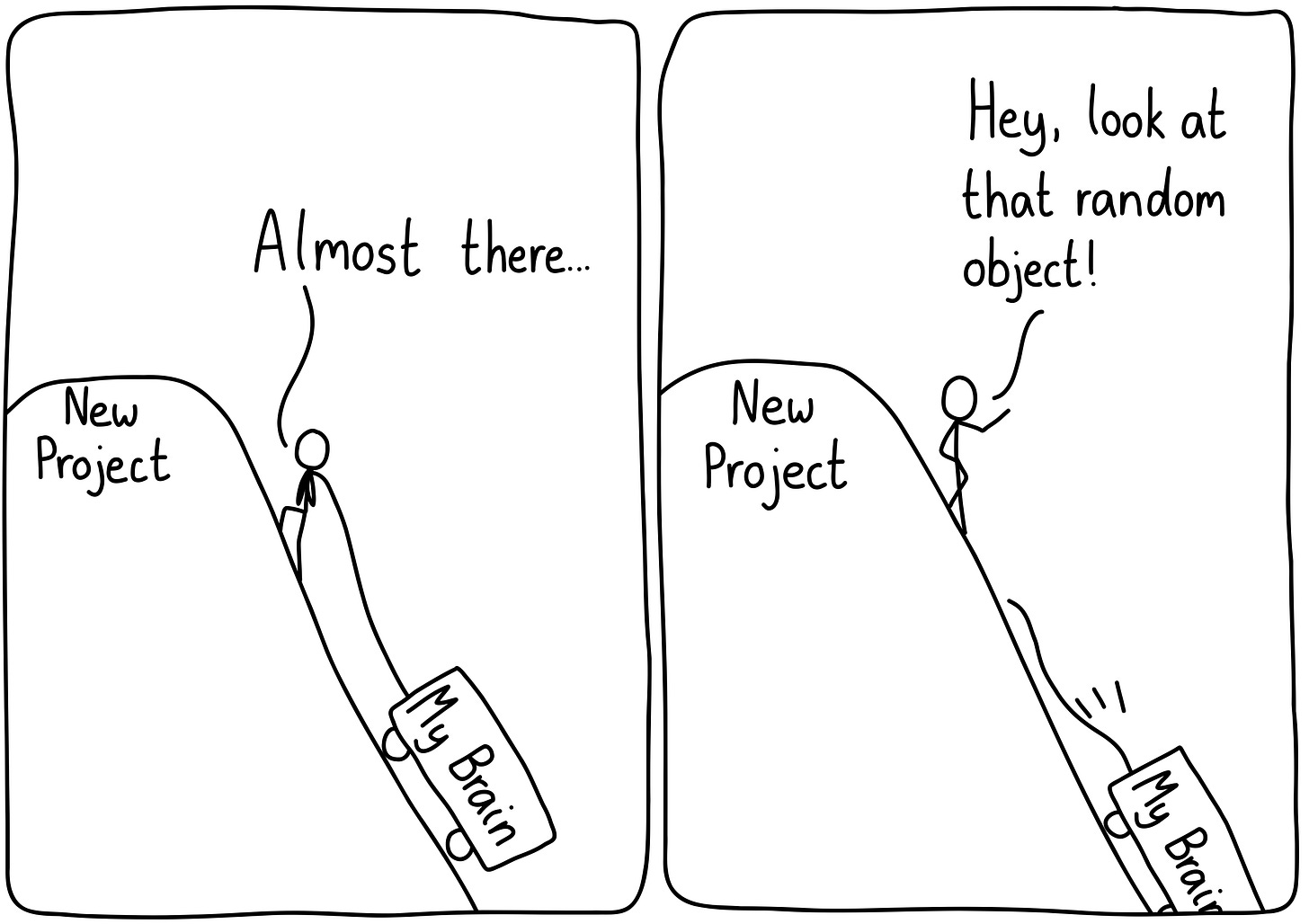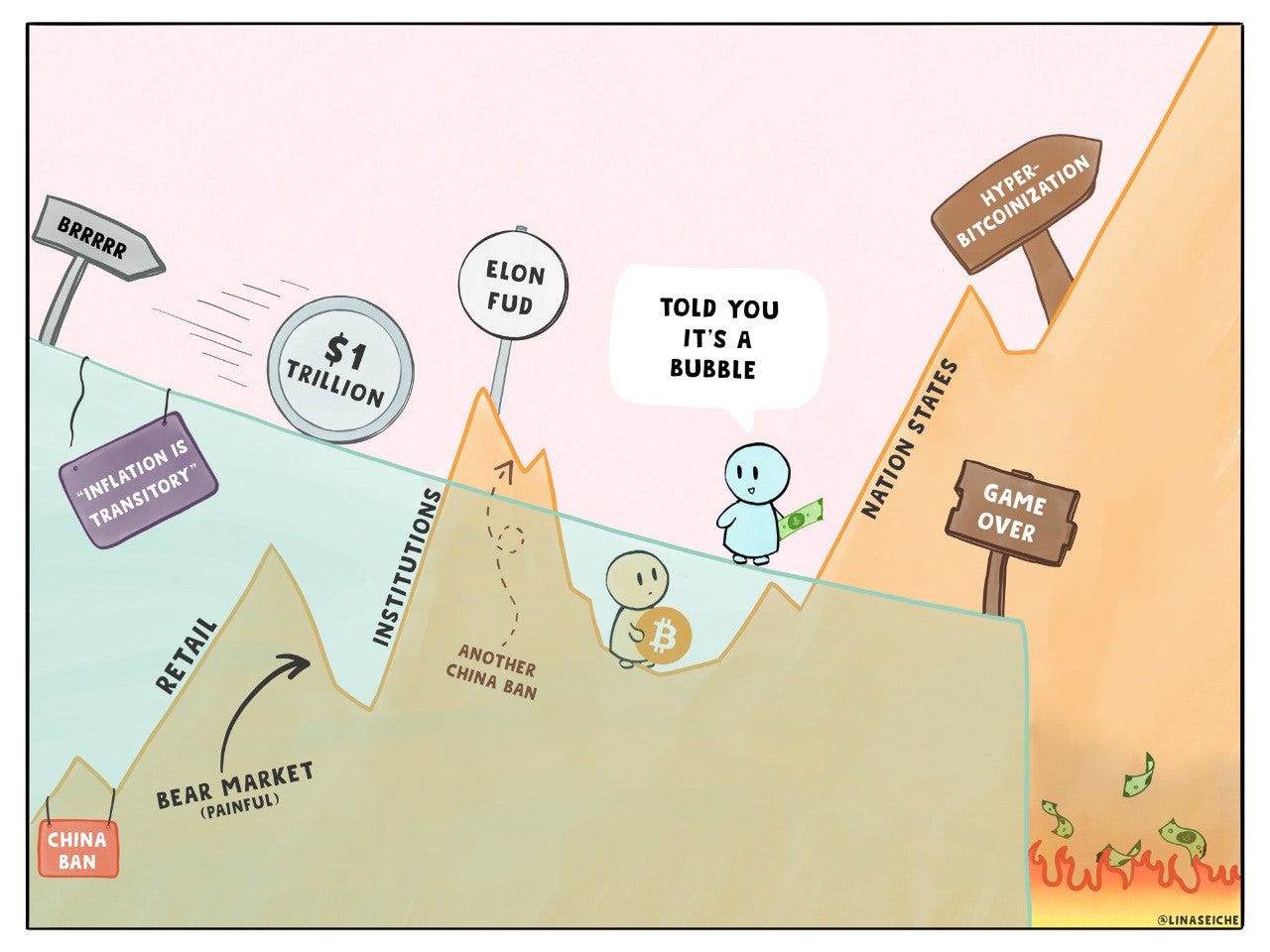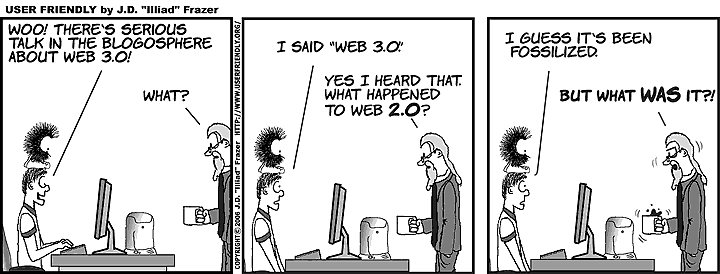Mark Cuban is a Rent-Seeker. Bitcoin Tech Talk #262
Mark Cuban had quite the encounter with Bitcoiners on Saturday. What was astonishing wasn’t his opposition to Bitcoin or even his promotion of Doge, but the very obvious fact that he doesn’t understand what Bitcoin or anything in the entire cryptocurrency space actually is. For a guy that prides himself on funding early stage companies, shouldn’t he have a little more of an idea of what he’s investing in? As a high profile VC, doesn’t he do due diligence? Indeed, this is one of those myths that VCs promote.
The dirty secret of venture capital is that there’s relatively little due diligence going on. The vast majority of what VCs do is network, specifically with other VCs so that they can get in on the best deals. This is why certain companies are oversubscribed significantly while others can’t get any interest. VCs will pay huge premiums to pile on winners.
This may seem very strange since VCs complain so much about deal flow. The fact is that there are plenty of companies to evaluate. What VCs are really complaining about is the lack of oversubscribed deals that they can get in on. Oversubscribed simply means there are more investment dollars willing to invest than there is space to accommodate them. Generally, oversubscribed deals are led by big-time VCs, like Sequoia or a16z. In other words, venture capital is a popularity contest with just a few VCs doing real due diligence and the rest that get in line as quickly as possible.
The VC dynamic is thus really centralized. Despite many different firms investing in many different industries, everything flows through a few kingmakers. Despite the appearance of a level playing field where anyone with a good idea can get funded, it’s really not. Like anything centralized, there’s a particular “one best way” to do things. There’s a whole culture of presenting your deck, finding a lead investor, networking, etc which really have little to do with the actual business. VCs essentially function as gatekeepers to capital.
In that sense, VCs function much more like banks than they do advisors or investors that they present themselves as. Though they take equity, the capital they invest functions much more like debt in that the companies they fund ultimately are obligated to them. Should a company run out of money, any assets they have typically go to the VCs, for example. In other words, VC investments are functionally like high risk loans. Most fail, but the few that hit make up for those that fail.
The highly centralized venture capital system is like most forms of debt, where impressions matter. This is why there’s so much time and energy spent on appearances. Most startup CEOs spend an inordinate amount of time raising money. They are constantly taking meetings, working on their deck, going to networking events and working on leads. Navigating the venture capital space is difficult, not unlike navigating bureaucracy.
The problem with venture capital, like debt, is that this centralization is deeply inefficient. The system selects for people that can navigate the VC world and not necessarily those who are good at making profitable businesses. The failure rates show just how inefficient it all is and VCs are only saved by pumping the hell out of the few that succeed. If you doubt me, just think about all the labor and capital going into startups that produce zero value. That’s a lot of talent that’s going toward either bad ideas or good ideas that are executed badly.
Which is why the arrogance that people like Mark Cuban display is just so weird. It’s an arrogance borne of skills like bureaucratic wrangling, not value added to others through goods and services. Put another way, he thinks he’s a good entrepreneur when in fact he’s a good rent-seeker.
Cuban has lived in a time when rent-seeking like this is very profitable—a consequence of our move to pure fiat money 50 years ago. Debt in a central bank backed fiat monetary system requires someone to dispense the newly printed money and he’s part of that class. His wealth is due to him being a kingmaker, a class distinction we don’t learn about in the fiat realm.
Therefore, it’s no surprise that he thinks he can make Doge king by supporting it. After all, in the fiat/VC world, he can and does do this all the time. What he doesn’t get is that Bitcoin will completely obsolete him and his entire industry because it’s going to be a savings-based economy. Businesses will have to run not on debt provided by the likes of him, but on savings which people can accumulate themselves.
A savings-based economy is much more efficient, because capital allocation is done by those that earned it. Furthermore, there are no gatekeepers like him when it comes to savings, so the market becomes much more a meritocracy and not a “navigate the VCs” game. In other words, a savings-based economy is decentralized as opposed to the debt-driven economy that we have that is centralized. This means a lot more opportunity and a lot more businesses starting.
The irony of it all is that people like Cuban think they’re helping create more businesses. In a limited sense they are, because the newly printed money has to go somewhere and they’re trying. But the deeper reality is that the system itself is horribly unjust and inefficient and a drag on civilization.
The nice thing is that Bitcoin fixes systems like this. Not only does a Bitcoin standard mean founders don’t have to bend the knee to VCs, but it also means that we’ll have much better products and services. And people like Cuban will have to add value instead of just rent-seek on Doge.
Bitcoin
Michael Folkson posted about the regularity of soft forks. This post is in light of the fight around the activation method for Taproot, which led to a lot of esoteric arguments and some bad feelings. His main point is that soft forks should be done infrequently and only with community consensus. I thought the post was well-reasoned and well thought-out. I’m not sure we’ll have another soft fork after this one, given just how difficult the last one was, but then again, that was the case in 2017, too.
Some researchers have proven the security of the MuSig signature scheme. The paper is interesting not just because they’ve proven the security of MuSig, but because of a new algorithm, MuSig2 which apparently is faster. It’s great to see academic papers like this advance the art and given the aggregability of Schnorr signatures, I suspect there are more and better methods still to be discovered.
ION is a decentralized identifier that stores its data on the Bitcoin blockchain. The article from Bitcoin Magazine is a great summary of what they’re trying to achieve as using some sort of identity authority is inherently fragile and adds a bunch of moral hazards due to the use of a third party. Because Bitcoin is decentralized, building an identity on it makes a lot of sense. That said, there’s still some controversy around whether this is polluting the blockchain or not.
Congrats to Marco Falke who got an extension of his developer grant from OKCoin! They’ve certainly stepped up their support of Bitcoin the past few years and I’m glad to see that them continue down this path.
Lightning
Strike now has a direct deposit “pay me in Bitcoin” option! The idea is that you can direct deposit your check to Strike and convert some percentage to Bitcoin automatically. This is inspired by what Russell Okung did last year with the Panthers. He did incredibly well with that decision, which other athletes have since emulated. Now anyone can do the same!
Max Webster explains why VCs should look at Lightning. The article goes through all of the growth statistics showing the exponential growth of Lightning. Sadly, VCs these days are addicted to very lucrative DeFi and NFT investments, which they can dump on retail much earlier, so though the article is great and accurate, I don’t know if this will get VCs off their tremendously profitable addiction.
Bobby Shell shows how Lightning can prevent censorship like YouTube did to Pomp earlier this week. Pomp’s channel was censored for some unknown reason, in much the same way that a lot of channels have been censored the past year and a half. Lightning is decentralized, so content like videos can easily be hosted and paid for via Lightning. The bigger challenge is that consumers are used to free, so there has to be some method of monetization that’s more direct to make Lightning-based uncensorable content work.
RaspiBlitz is now using c-lightning. They are one of many node-in-a-box services and it looks like there’s some competition among different implementations to get on these devices. This reminds me of the default installed apps on various computers back in the late 90’s. A lot more people will be buying these machines as Web 3.0 on LN takes off, so the software being used will matter.
Economics, Engineering, Etc.
Avik Roy has perhaps the best argument for Bitcoin from a policy perspective that I’ve ever seen. The article is pretty long and goes through the rationale for Bitcoin and links it strongly to the loose monetary policy of the past 30 years. The argument isn’t new, per se, but the fact that a take this thorough and well-reasoned is in a major magazine like National Affairs was quite surprising. I suspect there are a lot more Bitcoiners everywhere than we’re led to believe.
Alex Gladstein writes about the ideals of the Cypherpunks and how that eventually led to Bitcoin. This is an important piece to understand why Bitcoin has the values that it does. The piece focuses a lot on Adam Back and shows how privacy was a big part of the ethic of the Cypherpunks. The article looks through all the predecessors of Bitcoin, including e-cash and BitGold. Though the article doesn’t mention altcoins, the clear implication for me was that Bitcoin had a very different origin story—one that is unlikely to be repeated.
Aleks Svetski continues his 12 rules for life series with an essay about making friends with people who want the best for you. Essentially, the article is an apologia for toxicity. What some call toxic is really good, critical feedback, which is characteristic of real friendship. The real point for me in this article is not the defense of toxicity, though that was good, but more the emphasis on community. As we progress toward citadels and the like, authentic community will likely become a staple.
Nic Carter explains how Bitcoin is reshaping the entire energy grid. The piece reads like a reflection based on what Ted Cruz said last week. His main point is that the entire energy market is shifting and changing due to the presence of Bitcoin and that very few people seem to be getting this. As with a lot of innovations, the revolution in energy production will be obvious in retrospect, but under the radar to most during the process. We’re definitely in the middle of that changeover.
A Bitcoin ETF this week looks very likely. The SEC generally doesn’t explicitly approve anything, but rather implicitly approves it by not disapproving it. Given that the time to disapprove is running out and all the paperwork around a couple of ETFs are being filed by all sorts of entities, there seems to be good reason to believe they’ll go live, perhaps even as soon as this newsletter arrives in your inbox. This is huge for institutional investors, as it’ll be a lot easier to allocate a portion of their funds to an ETF than a bearer asset.
RW has a practical guide to mining at home. This is not something I’ve thought much about since 2014 or so, but the price is so high that this may actually make sense for a lot of people. The main upside is that there’s much greater privacy and that the price is at something of a discount. The downside is that it’s a slow accumulation and managing the ASICs is itself work. If privacy is really important to you, this may be a great way to get your hands on some non-KYC coins.
Quick Hits
Vancouver is going to heat their homes using Bitcoin mining.
Venezuela is taking Bitcoin payments at their airports.
US now has the most hash rate.
Time magazine has a feature on black Bitcoiners.
Titan Mining explains how Venezuelans are benefiting from Bitcoin mining.
Some Ethereum user spent $430,000 in gas fees and the transaction didn’t go through.
Events
I will be in Atlanta for TabConf on November 4-6.
The Programming Blockchain seminar is in Atlanta, GA on November 2-3. This is a 2-day seminar for programmers to learn about Bitcoin. You can apply here. I also have a few scholarships available for those that can’t afford it.
Podcasts, Etc.
On this week’s Bitcoin Fixes This, I talked to Big Al about “DeFi.” We covered what that whole sector is, why it’s neither decentralized nor finance and why he thinks it will inevitably collapse in a huge way.
I read through last week’s newsletter which you can find here.
I talked about Bitcoin with A Trader’s View. Here is the new book:
Unchained Capital is a sponsor of this newsletter. I am an advisor and proud to be a part of a company that’s enhancing security for Bitcoin holders. If you need multisig, collaborative custody or bitcoin native financial services, learn more here.
Fiat delenda est.










